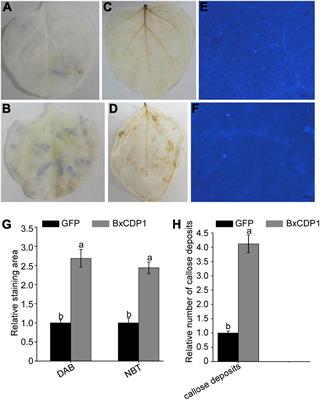EDITORIAL
Published on 16 Mar 2023
Editorial: Genetics of plant-nematode interactions
doi 10.3389/fpls.2023.1181564
- 758 views
4,620
Total downloads
20k
Total views and downloads
You will be redirected to our submission process.
EDITORIAL
Published on 16 Mar 2023
ORIGINAL RESEARCH
Published on 16 Nov 2022

ORIGINAL RESEARCH
Published on 03 Aug 2022

ORIGINAL RESEARCH
Published on 17 Jun 2022

PERSPECTIVE
Published on 15 Jun 2022

ORIGINAL RESEARCH
Published on 04 May 2022

ORIGINAL RESEARCH
Published on 24 Mar 2022

ORIGINAL RESEARCH
Published on 10 Dec 2021

